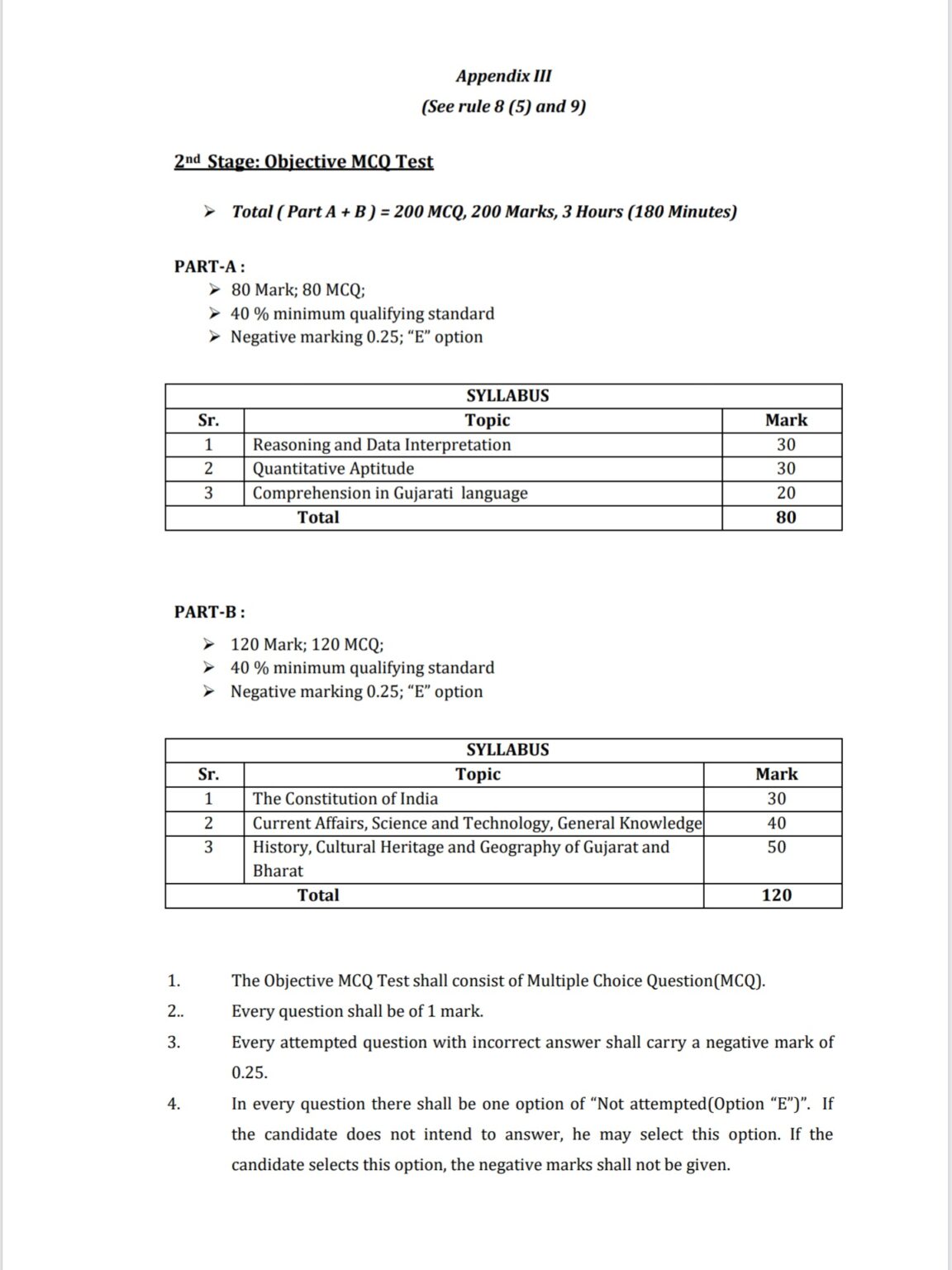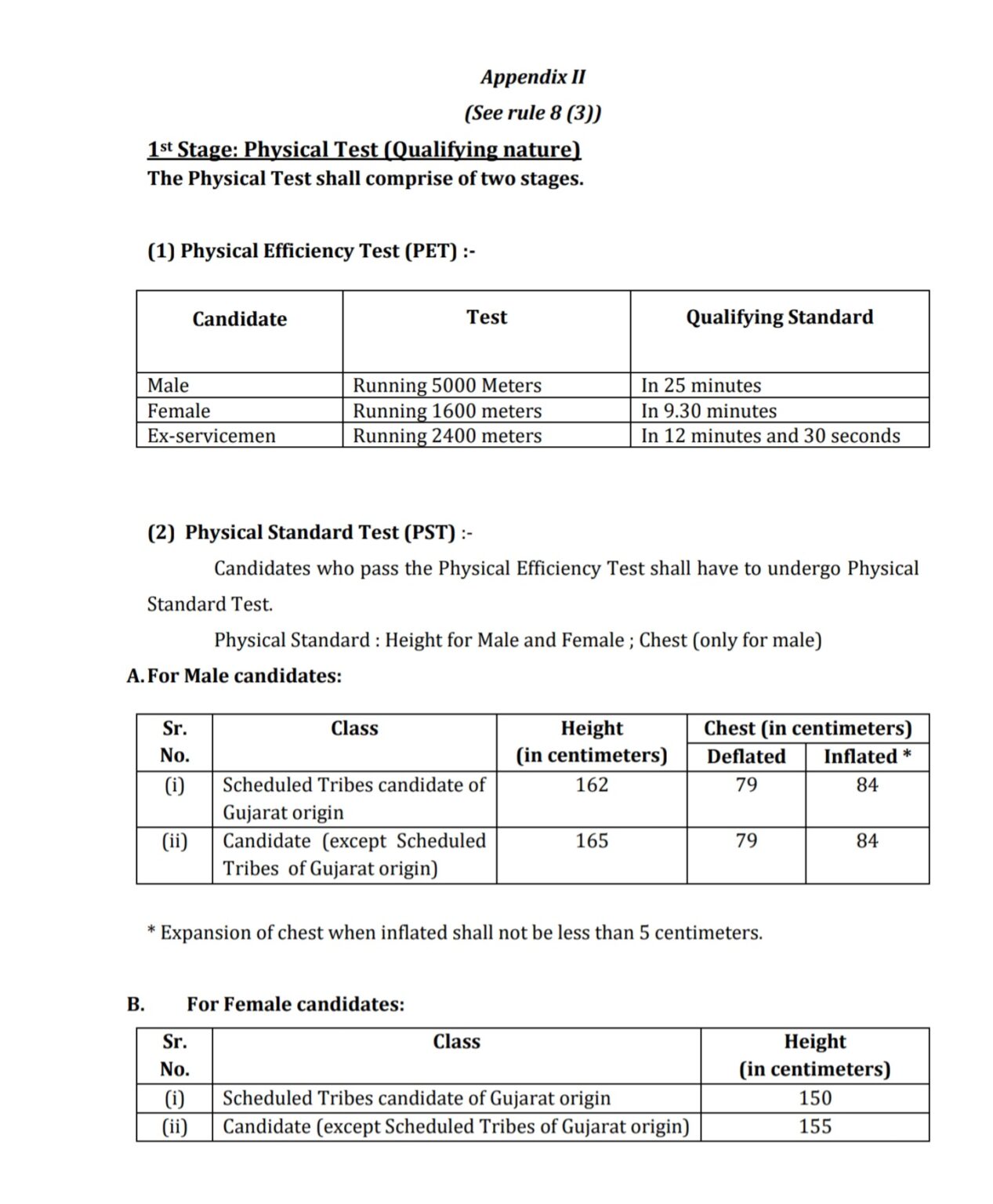Credit cards allow you to make purchases and pay over time while building your credit history. However, they must be used responsibly by paying balances in full each month to avoid interest fees. This comprehensive guide covers credit card basics – what they are, how they work, types of cards, benefits and risks of using them, improving your credit score, and tips for comparing card offers to assist first-time cardholders.
What Are Credit Cards?
A credit card is a payment card issued by banks and other financial companies that allows purchases of goods or services with a predetermined credit limit that can be paid over time with interest. Using one responsibly lets you buy items securely and conveniently now while repaying the balance later.
Understanding How Credit Cards Work The Essentials
Credit cards operate by allowing cardholders to borrow up to a set limit to pay merchants for goods/services, then pay back the issuing bank over time or in full each month. Here’s an overview of key concepts:

- You’re approved for a specific credit limit based on your income, credit score and history factors. This limit determines your spending capacity.
- Interest compounds daily on unpaid balances after each billing cycle ends if not paid in full, increasing the total owed.
- Making at least the minimum payment monthly avoids late fees and penalties that also accrue rapidly.
- Rewards like cash back, points or airline miles incentivize usage to spend more on your card.
Let’s explore different types of cards and how to leverage them properly as a beginning cardholder.

Types of Credit Cards An overview
Hundreds of credit cards exist, but most fall into a few primary categories:
Travel Rewards Credit Cards
- Earn points to redeem for travel benefits and upgrades
- Best for frequent travellers looking to maximize flight perks
Cash Back Credit Cards
- Receive cash rewards equal to 1-6% of total purchases
- Simple earning structure paid out annually or as statement credits
Balance Transfer Credit Cards
- Ideal for transferring existing debt from another card (s) to save on interest
- Offer 0% intro APR on transferred balances for 12-21 months
Business Credit Cards
- Help track employee spending and optimize rewards for small business purchases like advertising, software, equipment, or shipping
Student Credit Cards
- Designed as a first card for those with little or no credit history
- Have lower credit limits to reduce overspending risk
Secured Credit Cards
- Require an upfront security deposit that becomes your credit limit
- Builds credit history for those with no FICO scores
With different incentives and structures, research thoroughly to understand each before applying to match usage.
Credit Card Benefits Why and How Cards Are Useful
Alongside allowing secure purchases and deferred payment convenience, credit cards provide consumer protections and loyalty perks like:
- Fraud protection against unauthorized charges
- Extended manufacturer’s warranties on purchases
- Rental car collision damage waiver
- Free credit score monitoring
- Purchase return protections
- Frequent signup bonuses and reward earnings
By law, $0 fraud liability protects against criminal card use and banks quickly replace compromised cards for extra security. Just know the differences between credit cards and debit cards when it comes to certain protections.
Risks of Credit Cards Downsides to understand
However, credit cards have risks consumers should be aware of, including
- Paying very high compound interest rates on carried monthly balances
- Late fee penalties, annual fee charges that add up
- Aggressive rebuttals for inaccurate fraud claims after the fact
- Potential overspending habit leading to unsustainable debt when swiping mindlessly
- A negative credit score impacts if payments are late or non-payment collections
Read agreements carefully, spend responsibly within means, and pay monthly statement balances in full and all card usage remains positive. But reckless actions or irresponsible habits can trigger a dangerous debt cycle rarely ending well if not cautious.
How Credit Card Interest Works An Inside Look
If you don’t pay off your entire credit card statement balance monthly, the interest gets charged by the card issuer on the remaining amounts carried over. This can stack up substantially over time through compounding
- APR – Interest rates expressed as Annual Percentage Rates based on creditworthiness. Generally between 14-25%.
- Daily rate – APR divided by 365 days = daily interest charged on unpaid balances.
- Interest calculation – Daily rate applied to remaining balance each day after the billing cycle ends that compounds.
- Minimum payment – The minimum due allows for avoiding late fees but paying this monthly results in added interest each cycle, increasing the total owed.
For example, a $1,000 purchase at 20% APR means roughly $1.64 daily interest fees that keep adding up beyond just the original spending amount due to this compounding effect. That’s why paying in full prevents wasted money on interest charges.
Improving Your Credit Score Steps to take
Building an excellent credit score saves money on loans, credit cards, mortgages, insurance and other services tied to your rating. Here are proven ways to improve it over time:
- Review all 3 credit reports annually for inaccuracies negatively impacting your score and dispute them with evidence
- Pay all monthly bills on time to demonstrate responsible usage and payment history
- Keep credit card balances below 30% of total limits to avoid high credit utilization penalties
- Limit applying for excessive new credit which causes hard inquiries lowering scores temporarily
- Monitor your score monthly to observe progress and address declines
With perseverance gradually improving factors FICO scoring formula tracks, your rising profile stands out for lenders when needing reasonable rates. Be patient, but proactive.
Comparing Credit Card Offers Finding the best fit
Given hundreds of different credit cards available, selecting the optimal one for your needs and financial situation involves
- Identifying your preferred rewards – cash back, travel perks, points, etc based on spending categories and habits
- Researching deals and noting bonuses, introductory offers, and waiver terms
- Considering all rates, fees and costs balancing value against the incentives
- Confirming approval terms like FICO score requirements work with your current rating
- Reading the fine print details on extending promotional expiration dates
- Comparing to your existing cards (if any) to identify added benefits
With an overwhelming sea of choices, doing a bit of homework narrowing suitable options based on spending utility and comparison shopping helps surface the best personal match providing long-term value and efficiency on essentials.
Here are 5 additional FAQs about credit cards
- What is the easiest credit card to get approved for with no credit history?
The easiest credit card to get with no credit history is a secured card, which requires a refundable security deposit. After some time, this graduates to an unsecured card and builds credit responsibly.
- Can using a credit card improve your credit score?
Yes, using credit cards responsibly by keeping balances low and paying on time each month can significantly help build your credit history and improve your credit scores over time.
- Is it bad to completely pay off your credit card every month?
No, it is actually recommended best practice to fully pay off your credit card statement balance every month to avoid wasting money on interest charges. This builds good credit through on-time payments without carrying costly debt.
- What happens if you only make the minimum payment on a credit card?
Only making the monthly minimum payment leads to expensive compound interest accumulating quickly and growing your existing balance. This results in paying far more over time compared to paying in full.
- Can credit card companies cancel your card without warning?
In some cases yes, credit card issuers can close accounts without advance notice due to inactivity or credit risk if too many late payments occur. Maintaining responsible usage helps minimize this risk of unforeseen account closure.

